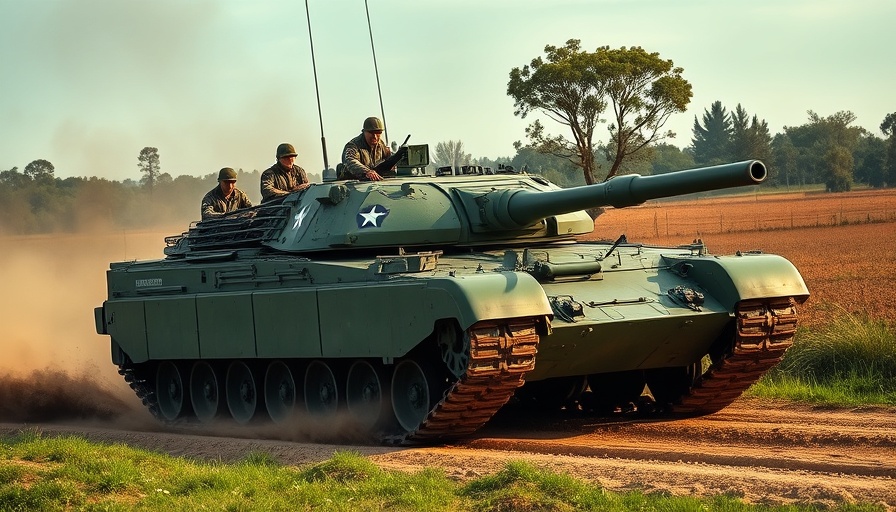
Understanding the Escalating Tensions in the West Bank
The ongoing conflict between Israeli settlers and Palestinian residents in the West Bank has entered a troubling phase as tensions escalate. Recent reports, including insights from international correspondent Jeremy Bowen, highlight a strategic push by Israeli settlers to consolidate control over land following the October 2023 Hamas attacks, which prompted a fierce Israeli military response. The situation is exacerbated by the Israeli government's continued settlement expansion in the West Bank, a practice many local and international observers deem illegal under international law.
The Impact of Settlements on Palestinian Communities
Settlements like the one led by Meir Simcha, an influential settler leader, symbolize the broader issues at stake. Simcha's determination to strengthen settler presence in the south of Hebron reveals a deliberate attempt to alter the demographic fabric of the region. With Palestinian claims being systematically undermined, many community members feel increasingly marginalized and at risk of forced displacement.
Echoes of History: The Weight of the Past
The enduring struggle over land control dates back over a century, rooted in historical tensions transformed by political maneuvers, including land purchases by Zionists in the late 19th century. This historical context is crucial, as today's realities reflect decades of conflict that continues to evolve, particularly post-1967 following the Six-Day War. The current push for more settlements illustrates the cyclical nature of this conflict and raises fears about the viability of a peaceful resolution.
Calls for Action: The Role of the International Community
As the plight of West Bank Palestinians worsens, the international community's role becomes increasingly pivotal. Calls for a renewed commitment to peace processes and human rights advocacy echo through various platforms, emphasizing the need for accountability and dialogue. The question remains—how can global leaders work together to mediate this entrenched dispute and advocate for vulnerable populations?
Conclusion: Moving Toward Understanding and Resolution
The situation in the West Bank, marked by increasing settler violence and military action, underscores the complex interplay of historical grievances, contemporary politics, and the urgent need for a renewed commitment to peace efforts. To foster a more comprehensive understanding among communities and policymakers alike, it is crucial to recognize the intricate narratives that both Israelis and Palestinians bring to the table. Ultimately, sustainable solutions will require an openness to cooperation and a respect for the humanity of all involved.
 Add Row
Add Row  Add Element
Add Element 



Write A Comment